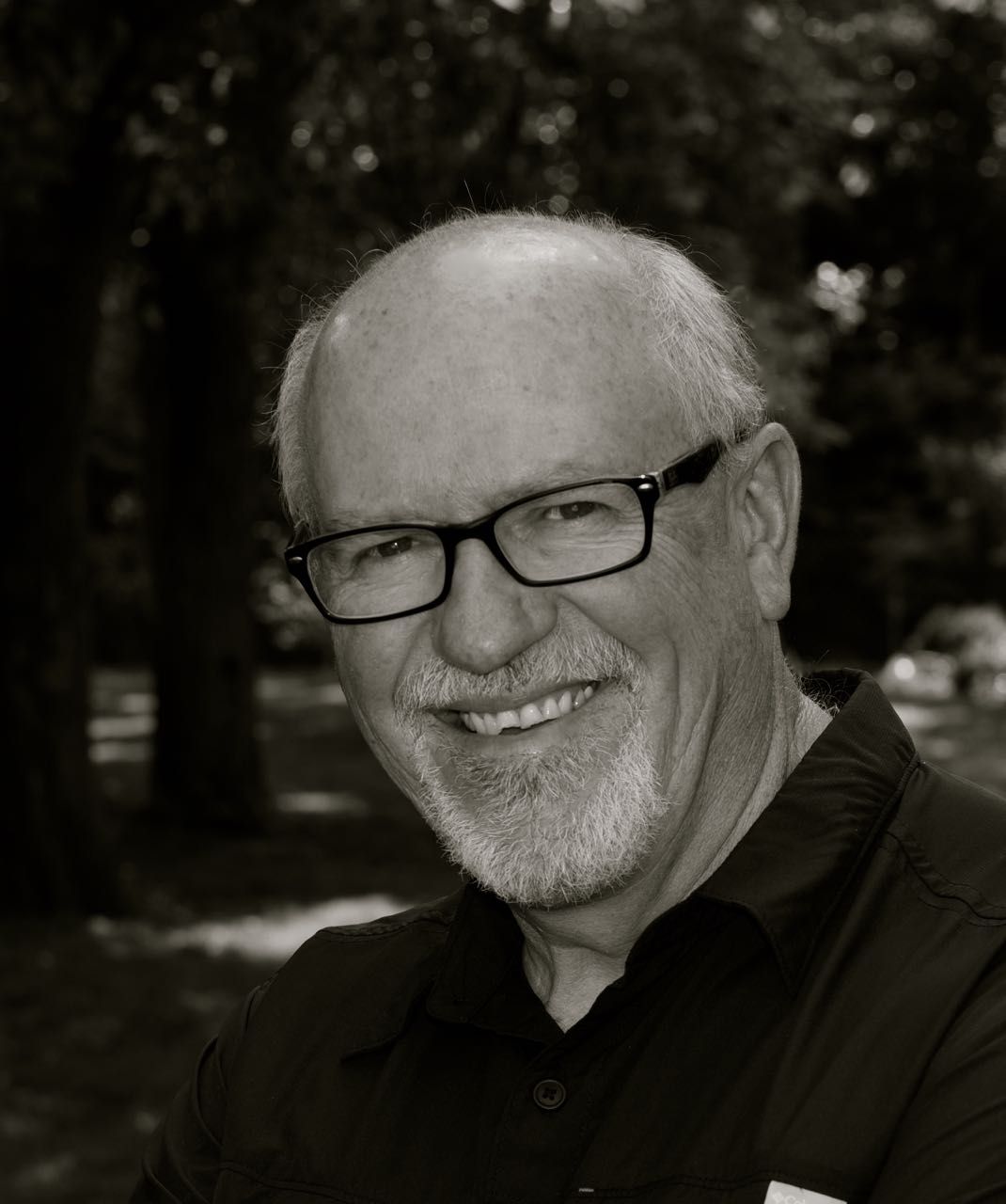I wandered through a market in Singida, Tanzania, with my new friend, Mbigi (pronounced m-biggie).
I saw a grizzled old blind man wandering down the narrow row between the vendor’s tables.
I turned away to photograph other people at the market and he stopped when he bumped into me, smiled real big, and held out his hand. I felt horrible; I had no Tanzanian shillings to give him and I told him so through Mbigi.
He smiled largely, grabbed my hand, bent over and kissed my palm. The old man said a few words and stumbled on. Mbigi told me the man had given me a blessing.
I went to find money. I came back and wandered through the market looking for him. I found him. He kissed the palm of my hand again.
I wept.
I hate charity.
I have worked for and with charitable organizations most of my professional life and see the tremendous value of charity; I just hate the need to have charity. My Momma taught me hate was too strong a word to use, but I do hate the need for charity.
I believe it ought to be the goal of every charitable organization to plan it’s own obsolescence. Built into the ideology of every strategic plan ought to be the day when the agency shuts it’s doors of charity because it has been so successful in replacing charity with a society of commerce where the need no longer exists.
Here’s why I hate charity:
- Receiving charity is humiliating to the person who needs it
- Have you ever had to beg? I haven’t and can’t imagine the denigration
- Charity reflects gross inequities in society – the “haves” give to the “have-nots”
- Charity creates a giver versus receiver relationship which is, by principle, unbalanced
- Charity illustrates the unfairness of life
Yet, here’s why I give myself to charitable work:
- I was taught to share
- The more I give away, the less I am attached to material things
- The more I help others, the better I feel about myself (I admit it; I’m not altruistic)
- Compassion is fueled by love; giving without expecting anything is the purest act of love humanity can ever perform
Therefore, here’s what I do to make charity look and act different:
- Ensure the restoration of human dignity is the primary motivation for all that I do
- Give aid to those who need it now but always with the intent of getting them up on their feet in the future
- Develop creative ways of reciprocity- giving the receiver an opportunity to “give back” or “pay it forward”
- Practically cultivate, and replicate, the innate desire for all things to be fair
- Engage as many people as I can in the act of compassion which beats in the heart of every person
I meet so many people on these trips. It is often not until I get back home that I understand which person has impacted me most.
I won’t have to wonder this time. My Blind Friend has invigorated my vision for a society without need of charity. Idealistic? Perhaps. But without ideals, what else is worth giving ourselves for?



